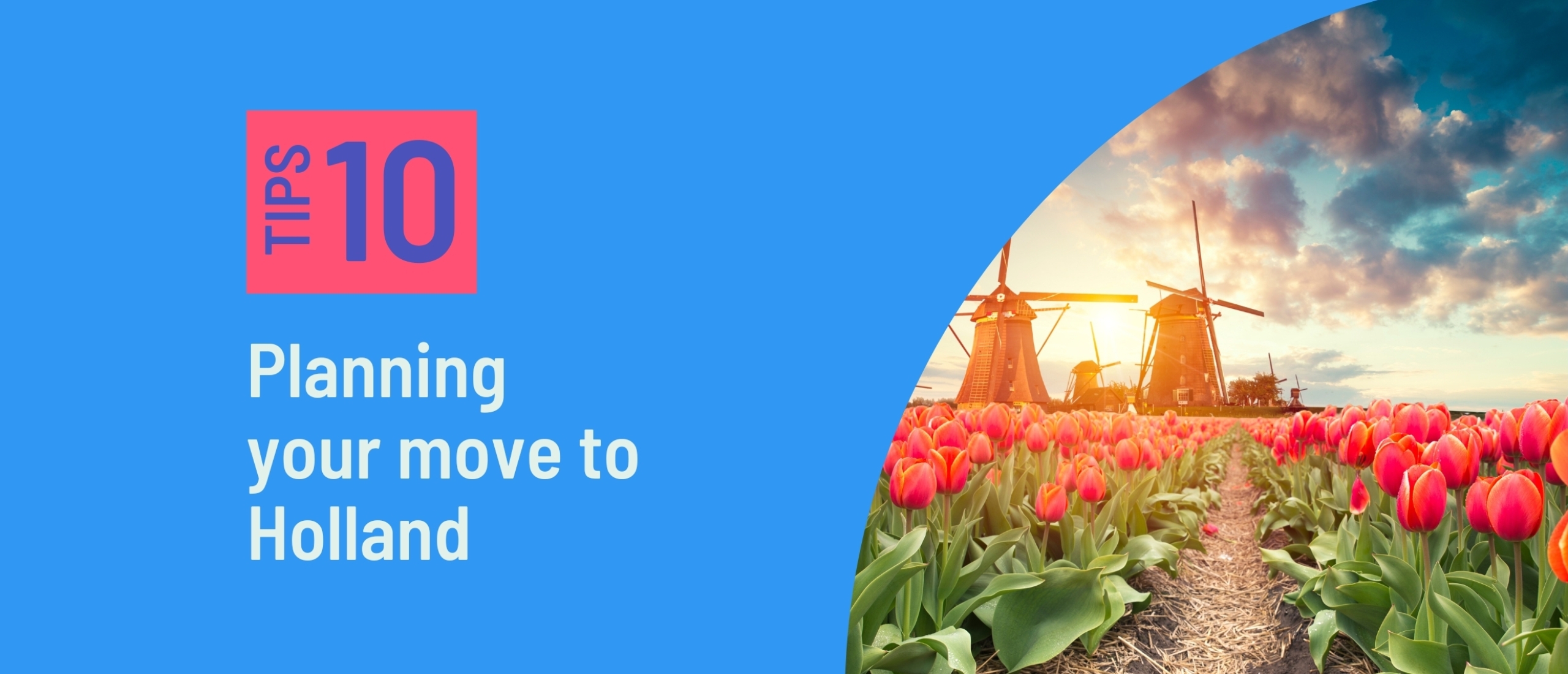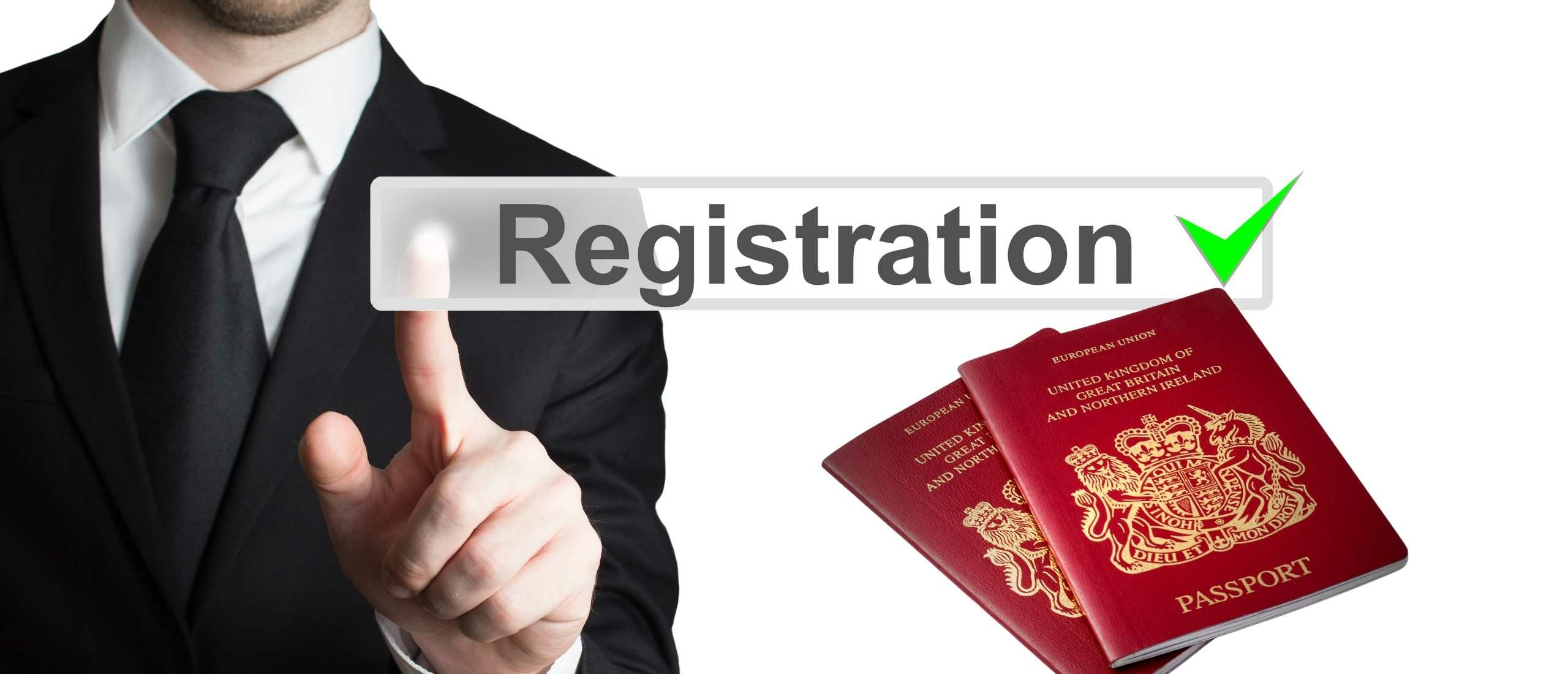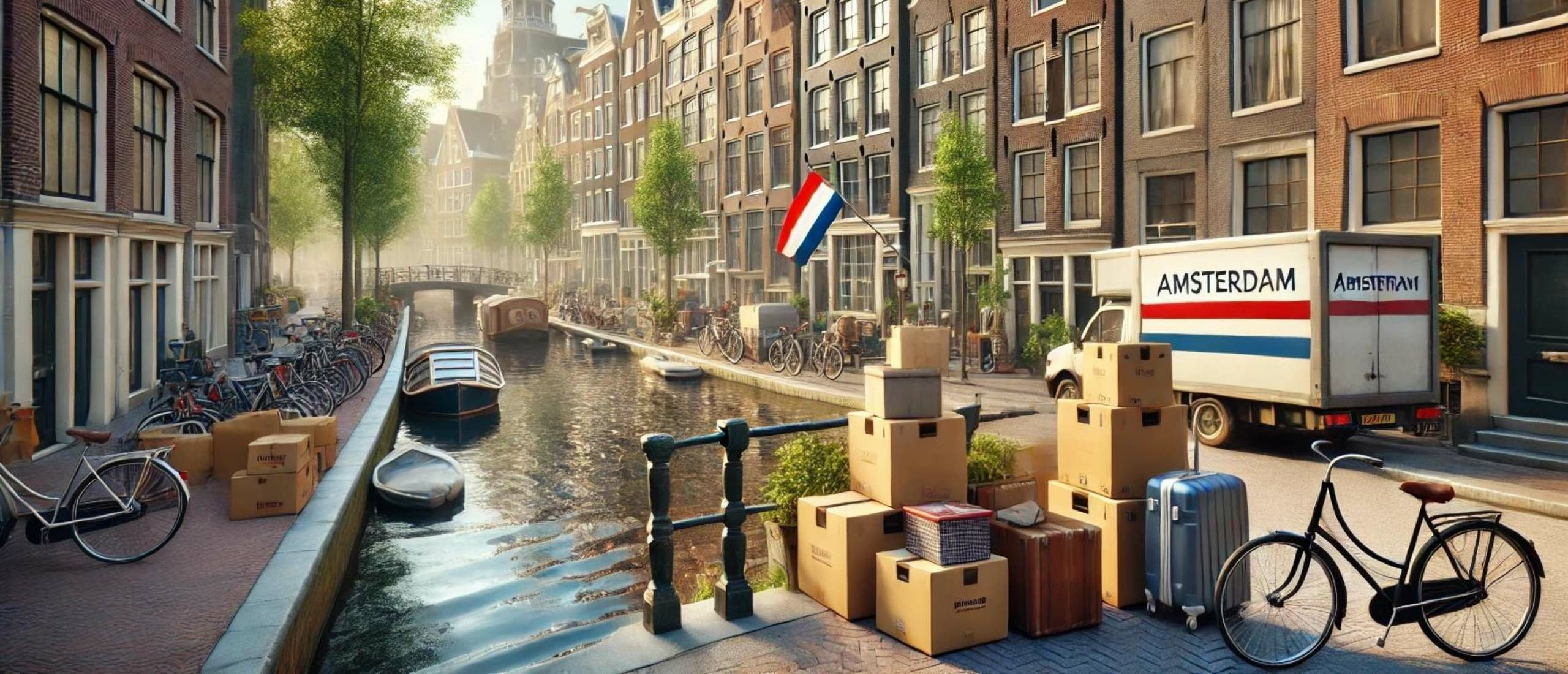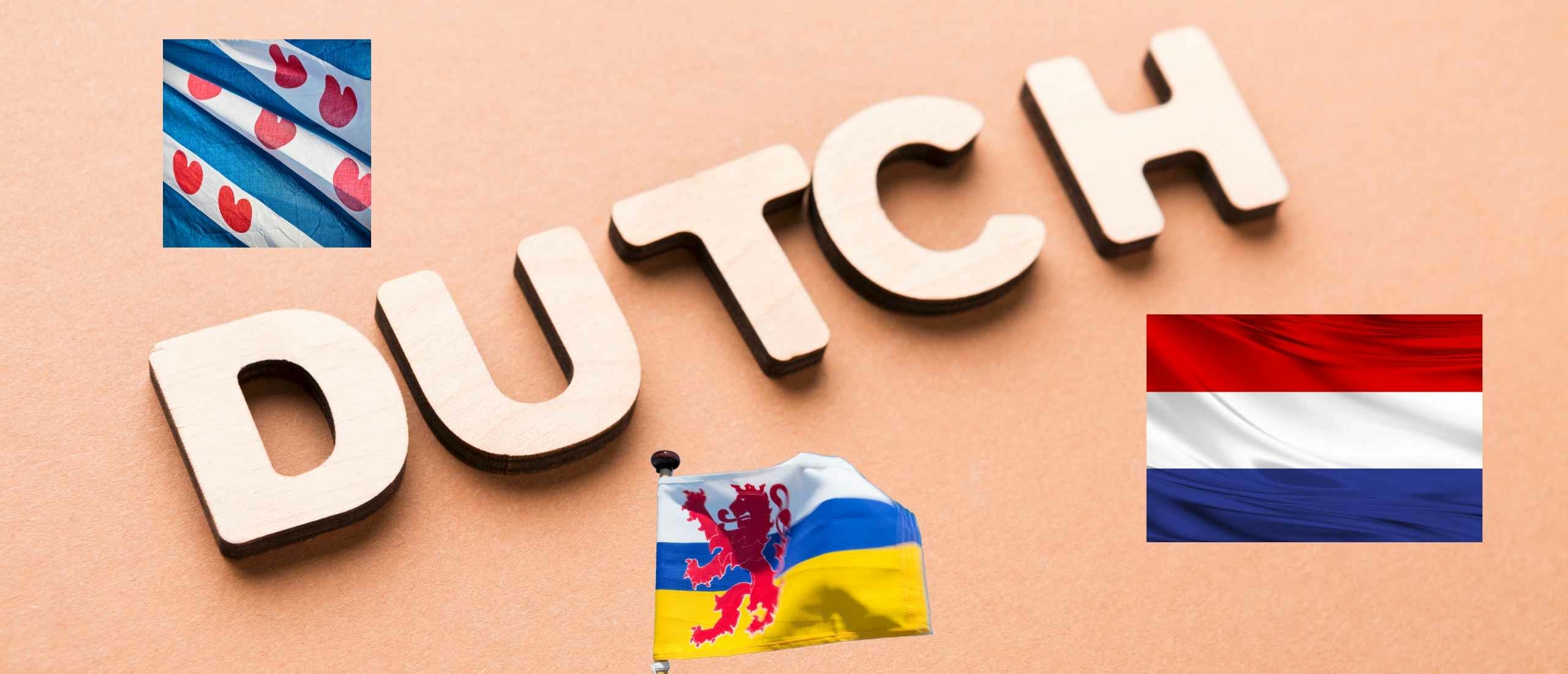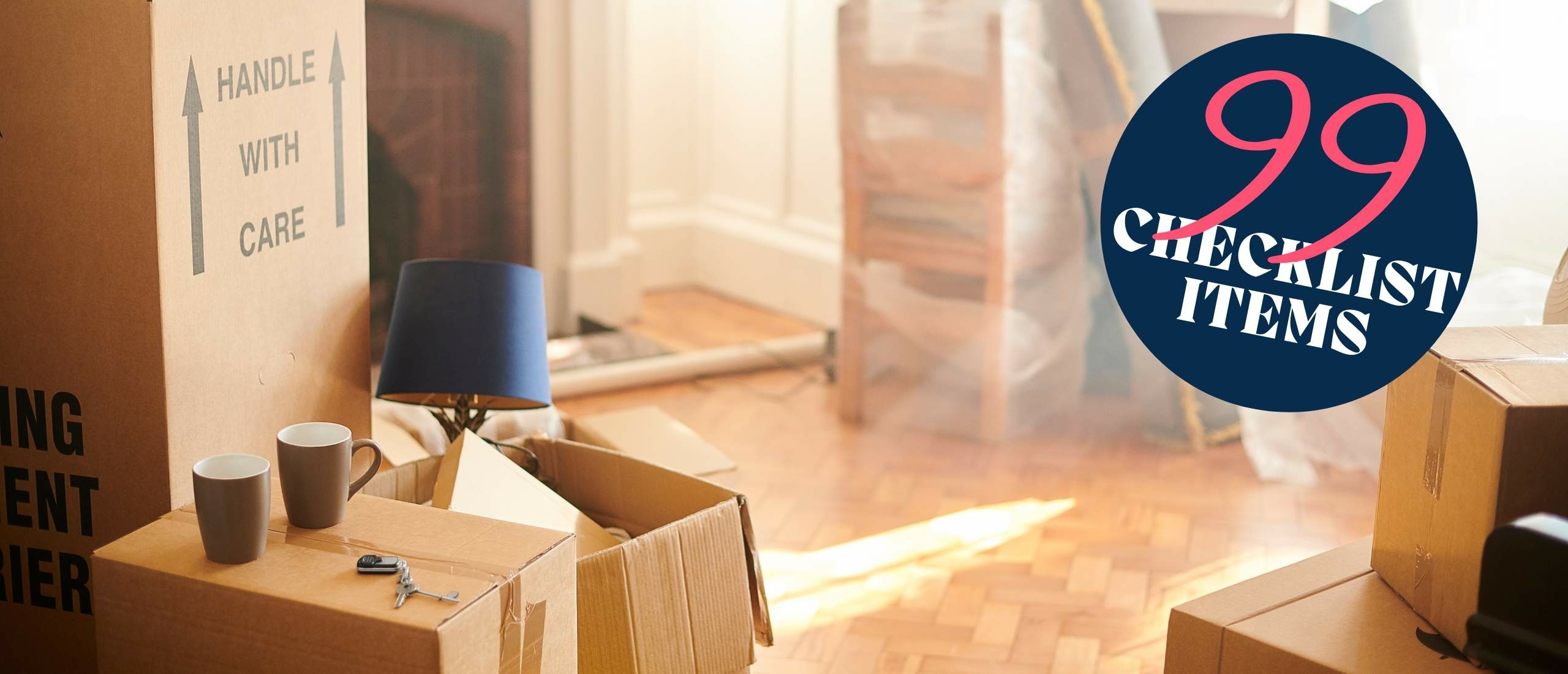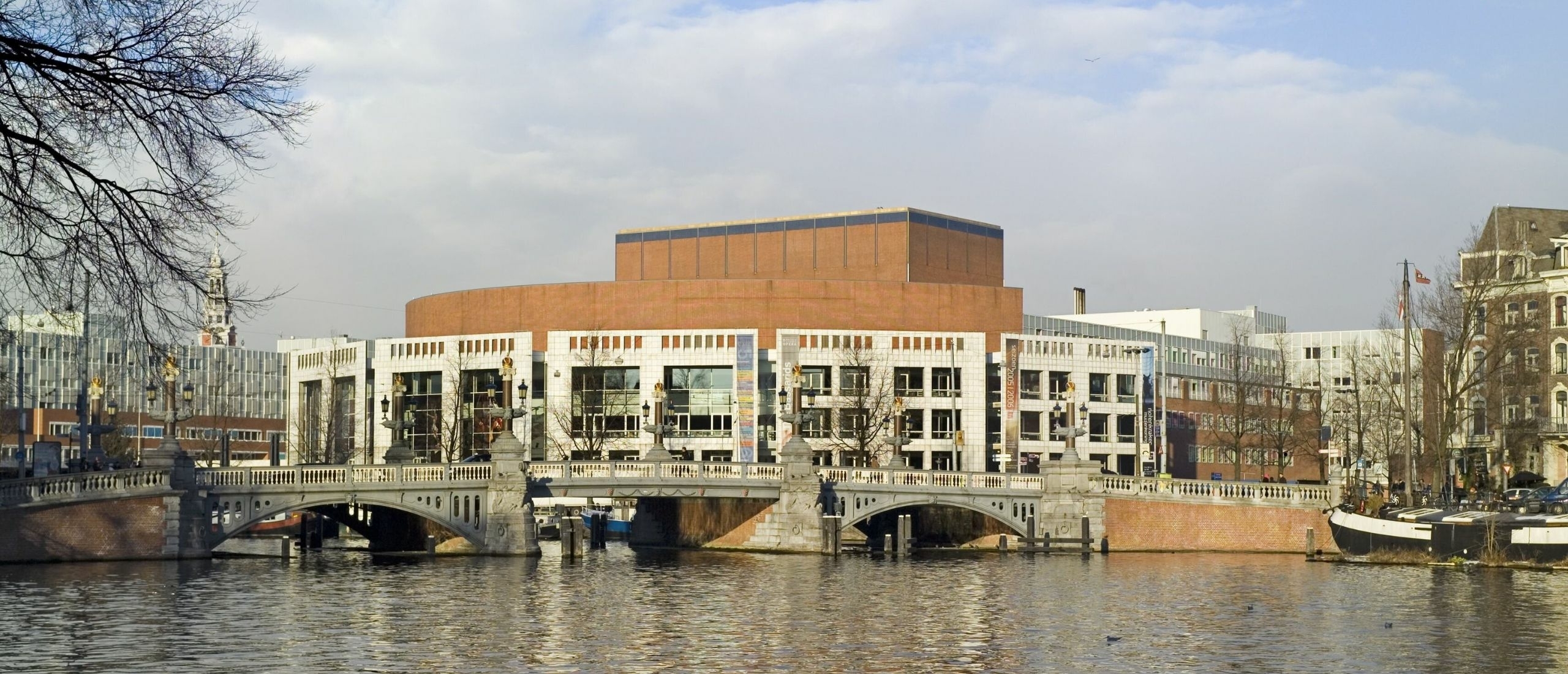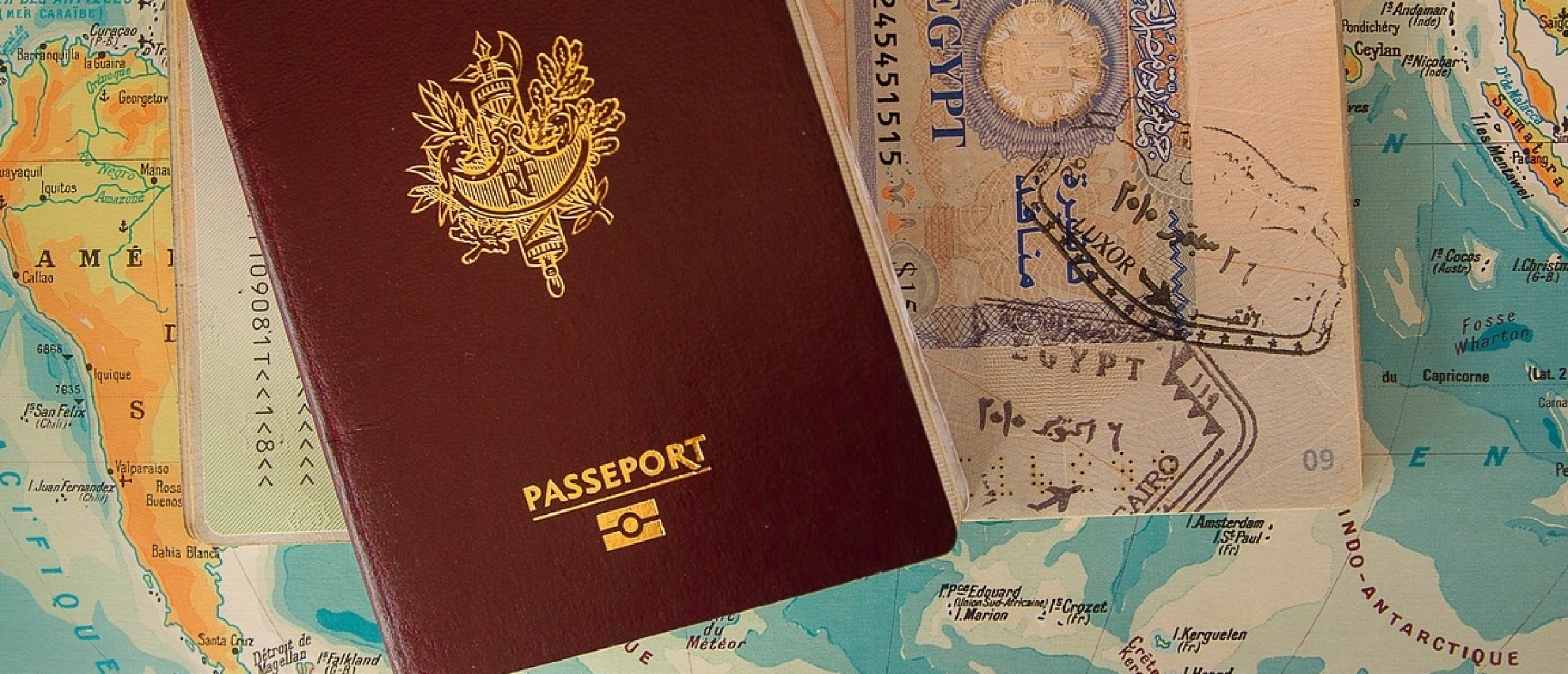
Visa and Immigration Process for Expats Moving to the Netherlands
Relocating to a new country can be an exciting yet daunting experience, especially when navigating the intricacies of visa and immigration procedures. For expats considering the Netherlands as their new home, understanding the visa application and immigration process is crucial for a smooth transition. This comprehensive guide will delve into the details of the visa and immigration process, empowering you to embark on your Dutch adventure with confidence.
Visa and Immigration are crucial steps in moving to The Netherlands as an expat. Whether you are seeking new opportunities, joining family, or exploring the vibrant Dutch culture, understanding the visa and immigration process is essential. This comprehensive guide will help you navigate the complexities of visa application, immigration procedures, and settling down in your new home.
Understanding the Visa and Immigration Process
The visa and immigration process in The Netherlands can be intricate, but with proper preparation, it becomes manageable. In this guide, we will cover various visa types, the application process, required documentation, and essential tips for a smooth transition.
Types of Visas for The Netherlands
- Tourist Visa (Schengen Visa): For short stays up to 90 days within a 180-day period, a Schengen visa is required. This visa is suitable for tourists, business travelers, or family visits.
- Work Visa: Expats planning to work in The Netherlands need a work visa. This includes highly skilled migrants, intra-corporate transferees, and those with an EU Blue Card.
- Study Visa: Students enrolled in Dutch educational institutions require a study visa. This allows them to stay for the duration of their studies.
- Family Reunification Visa: For expats with family members already residing in The Netherlands, a family reunification visa allows them to join their relatives.
- Permanent Residency: After living in The Netherlands for five consecutive years with a valid residence permit, expats can apply for permanent residency.
Visa Application Process - Step by step
To work in the Netherlands, you must have a residence permit. Your employer in the Netherlands is responsible for submitting your residence permit application to the Immigration and Naturalisation Service (IND). This application can be made either before you travel to the Netherlands or after you arrive.
You can enter the Netherlands without a visa. Once your application is approved by the IND, you can collect your residence permit from their office in the Netherlands. If you are already in the Netherlands but haven't applied for a residence permit yet, you are allowed to stay for up to 90 days without a visa. During this period, your employer should submit your residence permit application to the IND. You can remain in the Netherlands while awaiting the outcome of your application, even if it takes longer than the 90-day limit.
For more details about the conditions and application process, visit the IND website. Discover more about the residence permit requirements for working in the Netherlands.
- Step 1. Determine Visa Type: Identify the appropriate visa based on your purpose and length of your stay.
- Step 2. Gather Required Documents: Prepare necessary documents, including a valid passport, proof of sufficient funds, health insurance, and a completed application form.
- Step 3. Submit Application: Submit your visa application at the Dutch embassy or consulate in your home country. Or submit your details at the IND website.
- Step 4. Pay Fees: Pay the applicable visa fees, which vary depending on the visa type.
- Step 5. Attend Interview: Attend an interview if required. Be prepared to explain your travel purpose and provide additional documentation.
- Step 6. Wait for Decision: Processing times vary, but it typically takes a few weeks. Check the status of your application online.
Required Documentation
- Passport: Valid for at least six months beyond your intended stay.
- Application Form: Completed and signed.
- Photographs: Recent passport-sized photos.
- Proof of Funds: Bank statements or financial guarantees.
- Health Insurance: Coverage for the duration of your stay.
- Accommodation Proof: Hotel reservations or a rental agreement.
- Travel Itinerary: Flight bookings and travel plans.
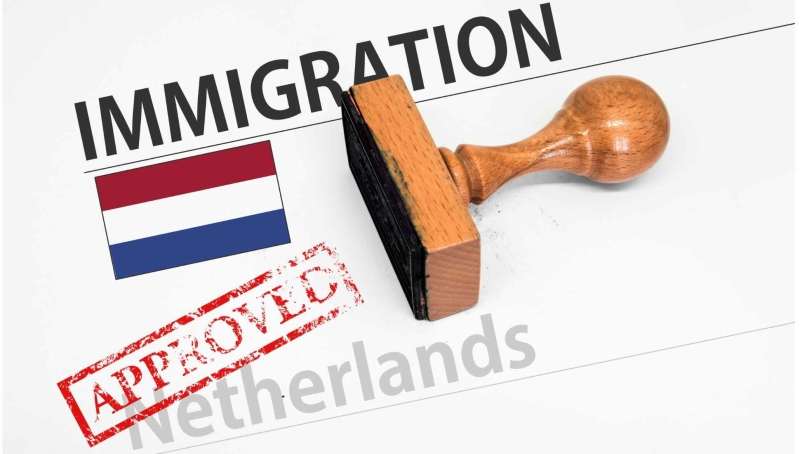
Tips for a Smooth Immigration Process
Immigration Process Insights
- Start Early: Begin the application process well in advance to avoid delays.
- Stay Organized: Keep all documents in order and readily accessible.
- Seek Professional Help: Consider consulting an immigration lawyer for complex cases.
- Be Honest: Provide accurate information to avoid complications.
- Stay Informed: Regularly check for updates on immigration policies and requirements.
Settling Down in The Netherlands
Once your visa application is approved, the next step is settling down and starting your new life in The Netherlands. The key to a successful relocation is to be well-prepared and proactive in organizing various aspects of your life in your new home. From handling administrative tasks and finding a place to live to integrating into the local community and understanding Dutch customs, there are several important steps to ensure a smooth transition. Here are essential tips to help you settle down in The Netherlands effectively and comfortably.
Register with the Municipality
Within five days of your arrival in the Netherlands, it is mandatory to register at the municipality (gemeente). This registration process is crucial as it allows you to obtain a BSN (Burger Service Number), which is essential for various administrative tasks. The BSN number is your unique citizen service number used for tax purposes, healthcare, and other official processes.
To register, you need to make an appointment at the Amsterdam municipality office and bring along necessary documents such as your passport, rental contract or proof of address, and, if applicable, your employment contract. The registration process may include a brief interview where you provide your personal details. Once registered, you will receive your BSN, typically within a few days.
Open a Bank Account
Opening a bank account in the Netherlands is a straightforward process but requires you to have a BSN. Choose a Dutch bank that suits your needs—common options include ING, ABN AMRO, Rabobank, and bunq. To open an account, visit a branch with your BSN, passport, proof of address, and an employment contract or proof of enrollment if you are a student.
Many banks also offer online applications. Having a Dutch bank account will facilitate local transactions, such as paying rent, receiving your salary, and setting up utilities. Additionally, it allows you to get a debit card (pinpas) and access online banking services.
Learn the Language
Integrating into Dutch society is much easier if you can communicate in Dutch. Enroll in Dutch language courses as soon as possible. Many options are available, ranging from intensive courses at language schools to community classes and online platforms like Duolingo or Babbel.
Knowing the language not only helps in daily interactions and understanding local people, but also enhances your job prospects and social integration. Many municipalities offer subsidized language courses for newcomers. Additionally, practicing with locals and engaging in language exchange meetups can be very beneficial.
Find Accommodation
Securing accommodation in the Netherlands can be competitive, especially in larger cities like Amsterdam, Utrecht, and Rotterdam. Start your search early by exploring various options such as rental agencies, expat housing websites, and local listings on platforms like Funda or Pararius. Consider factors like proximity to work or study, public transport links, and amenities.
Temporary housing options like Airbnb or short-stay apartments can be useful while you search for a long-term place. Be prepared to provide documents such as proof of income, a copy of your passport, and sometimes references. Understanding the rental market and potential scams is crucial, so stay informed and cautious.
Understand Dutch Local Customs
Familiarizing yourself with the local customs of the Dutch culture and social norms will help you feel at home more quickly. The Netherlands has a direct communication style, and honesty is highly valued. Punctuality is important in both professional and social settings. The Dutch are known for their love of cycling, so understanding bike etiquette and road rules is beneficial.
Participating in local traditions, such as King’s Day (Koningsdag) or Sinterklaas, can enrich your experience. Additionally, being aware of the Dutch work-life balance and approach to egalitarianism will help you navigate social and professional environments more effectively. Joining local clubs, attending community events, and using platforms like Meetup can help you integrate and build a social network.
Join an Active Expat Community
Connecting with an active expat community can significantly ease your transition to life in the Netherlands. Here, at Your Expat Social Club, we offer a variety of events and activities designed to help you meet other expats, share experiences, and make new friends. Our community provide valuable support, from practical advice on navigating bureaucracy to sharing personal stories and tips on local life.
Joining our expat community can also open doors to professional networking opportunities and social gatherings, making it easier to integrate into Dutch society. Participating in forums, attending meetups, and engaging in social media groups dedicated to expats in the Netherlands are excellent ways to stay informed and connected.
FAQs
1. What is the processing time for a Dutch visa?
Processing times vary but generally take a few weeks. It's advisable to apply well in advance.
2. Can I work in The Netherlands with a tourist visa?
No, a tourist visa does not permit you to work. You need a specific work visa.
3. What documents are required for a family reunification visa?
You will need proof of relationship, residence status of the family member in The Netherlands, and sufficient income.
4. How long does it take to get permanent residency in The Netherlands?
After living continuously in The Netherlands for five years with a valid residence permit, you can apply for permanent residency.
5. Is health insurance mandatory for expats in The Netherlands?
Yes, health insurance is mandatory for all residents, including expats.
6. Do I need a sponsor?
Some visa applications require sponsorship from an employer, educational institution, or family member in the Netherlands.
Your Expat Social Club is committed to supporting expats throughout their relocation journey. We offer a welcoming community, informative events, and valuable resources to help you navigate the visa and immigration process, settle into your new home, and embrace Dutch life.
Remember, staying informed and seeking assistance from experienced professionals can make the visa and immigration process smoother and less stressful. With careful planning and preparation, you can successfully navigate the requirements and embark on your exciting expat journey in the Netherlands.




